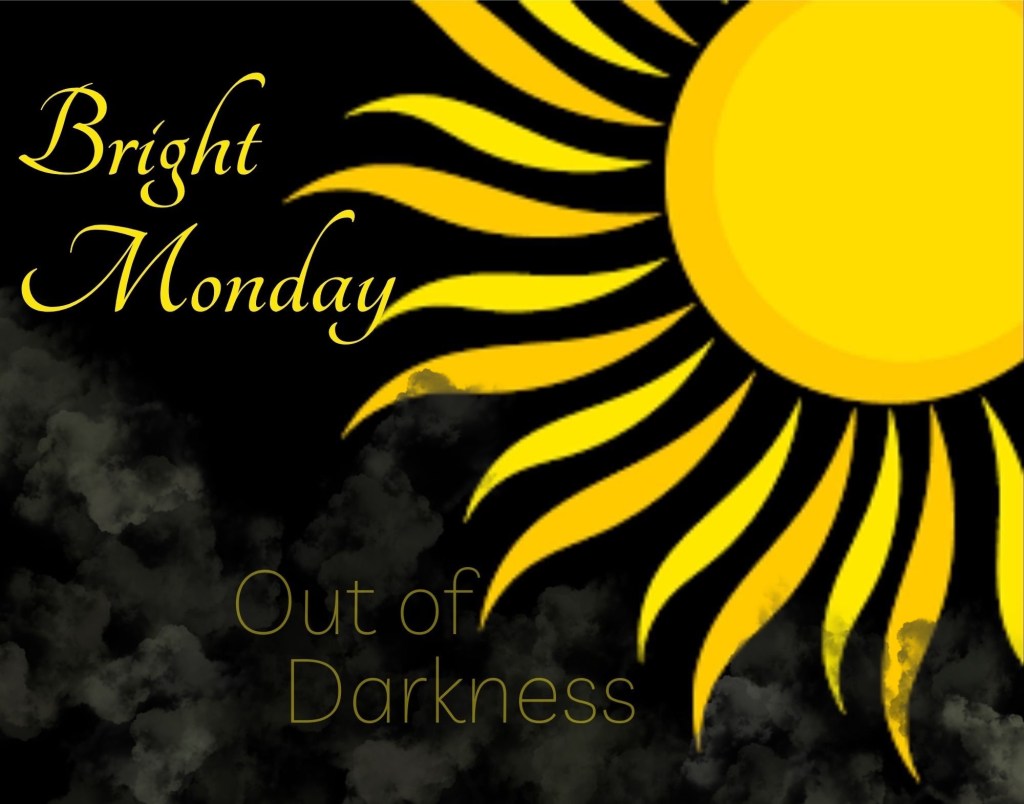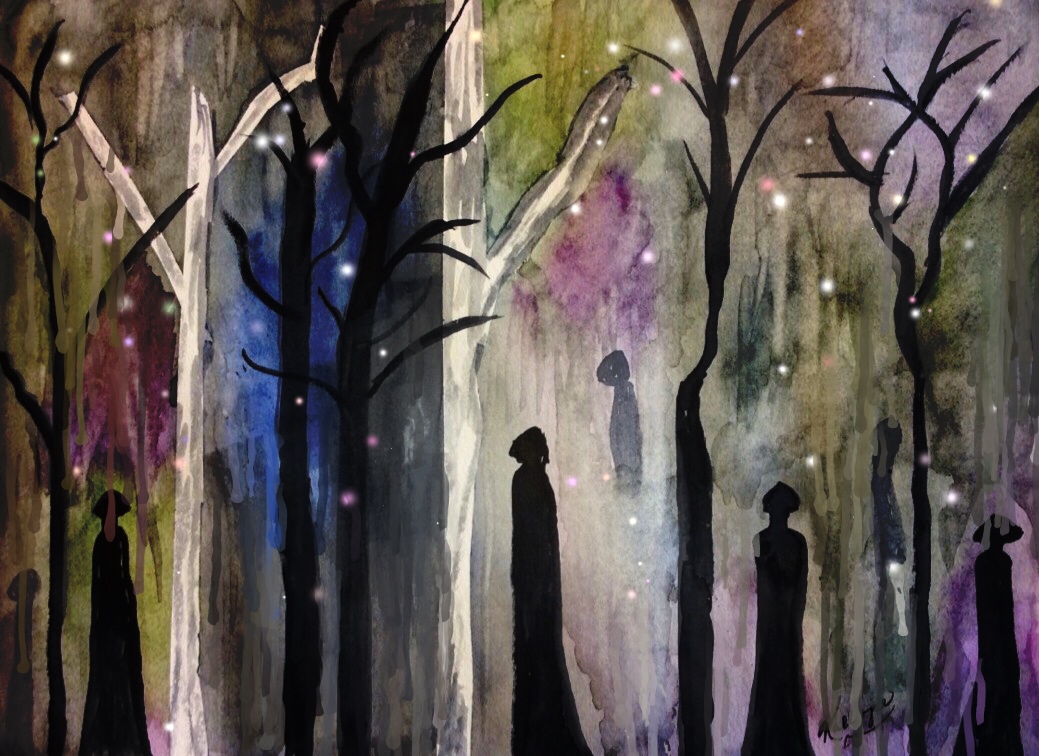
Hope is like a road in the country;
Author, poet, critic and Chinese literary giant Lu Xun. (Lu was a pen name; his real name was Zhou Shuren.)
there was never a road, but when many people walk on it,
the road comes into existence.
I have stumbled upon places where there was no road and no way to move forward. I am mulling over the poet’s affirmation that ”Hope is like a road in the country.” I know a little about hope, a little less about country roads, and even less about walking trails in a forest. I also know many, many people who hang on to hope through every narrow, rocky path they encounter. These hope-filled ones follow the path ahead of them and persist on their journey, in spite of the reality that the path is steep, arduous and sometimes not beaten down enough to walk on.

That’s the important thing about paths—that travelers might walk on one for years when it is barely passable, beating it down for smoother walking. It’s called a beaten path. I imagine you have walked some beaten paths.
Even I have walked a few, like when I was just a wee girl. The path for me was a short one, but nevertheless ominous. It went from my back yard to Miss Martha’s back yard next door. But wait! You must know that the path also led us to Miss Martha’s plum tree, filled with delicIous plums just waiting for my brothers and me to devour. We felt hope every time we got to the tree and began to shake it so that the plums would come tumbling to the ground. We hoped—until we heard Miss Martha’s shrill, frightening voice yelling, ”Get away from my plum tree!”
Because we so feared Miss Martha, hearing her loud voice chastening us made us run immediately home and into the house. We also knew she would tell our Yiayiá (grandmother), and we feared that too. Like Miss Martha, Yiayia could give rise in us the most daunting fear of all. We hoped for plums that day, but got fear instead.
Fear can be the enemy of hope, which brings us back to our path. The poet says to us that hope is like a country road. While reading the poet’s words, I imagine reaching a place where is no road and no way forward—a situation of facing a path without much hope. But there is hope after all! Because many people had walked on the path, it was eventually beaten down. Now the people could travel on with hope. There was an open way, a possible path. There was hope.
What’s the message in this parable-like tale? Just this. All of us walk a journey that leads us to pleasant places as well as to sorrowful and terrible places. No one can make the pilgrimage we call life without encountering rough and rocky roads and impassable paths along the way. They are the places that hold the power to steal our hope and leave us paralyzed.
I know how it feels to lose hope. I have known abuse, violence, illness, betrayal, loss, grief. And I have known it first hand, these things that took my hope. I can also bear witness that my hope has returned many times, just in time, but not before I had to struggle with the real, deep despair of absent hope. When I stood at the entrance of the way where there was no way, at the beginning of the path that was impassable and impossible, I often thought of this testimony of hope and faith found in 2 Corinthians 4:8-9; 16-17.
We are hard-pressed on every side, yet not crushed;
we are perplexed, but not in despair;
persecuted, but not forsaken;
cast down, but not destroyed . . .
Therefore we do not lose heart.
Even though we are outwardly perishing,
the inner place in us is being renewed day by day.
For our light affliction, which is but for a moment,
is working for us a far more exceeding and eternal weight of glory.
Yes, you and I may feel cast down and almost crushed by the weight of the world. We may feel the strongest despair. But we must know that, even on this day of threats and pandemics, some of our paths will be smooth and passable. We will feel hope when we least expect it. Hope will surprise us and flood us with grace, directly at the juncture of our despair. A beaten path might appear before us today—right now—and invite us to travel from fear to hope.
May it be so for all of us.













